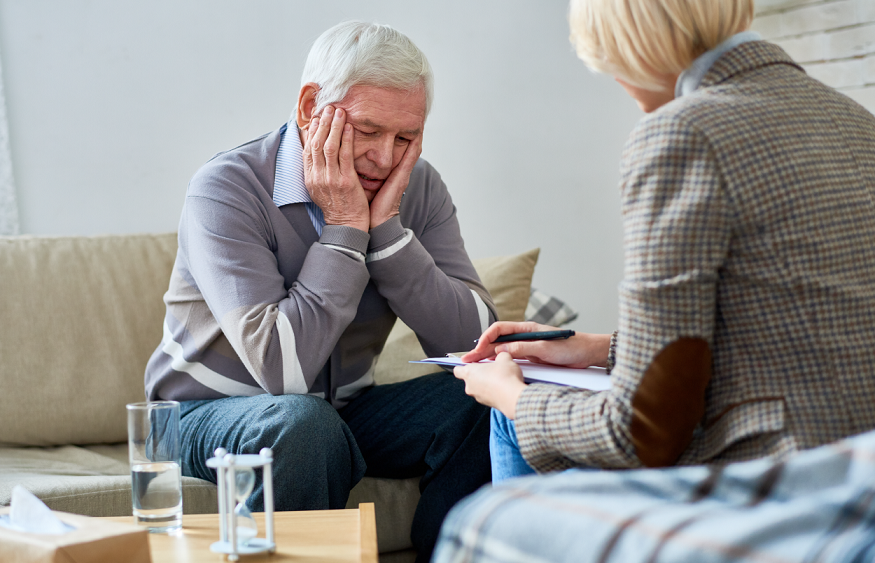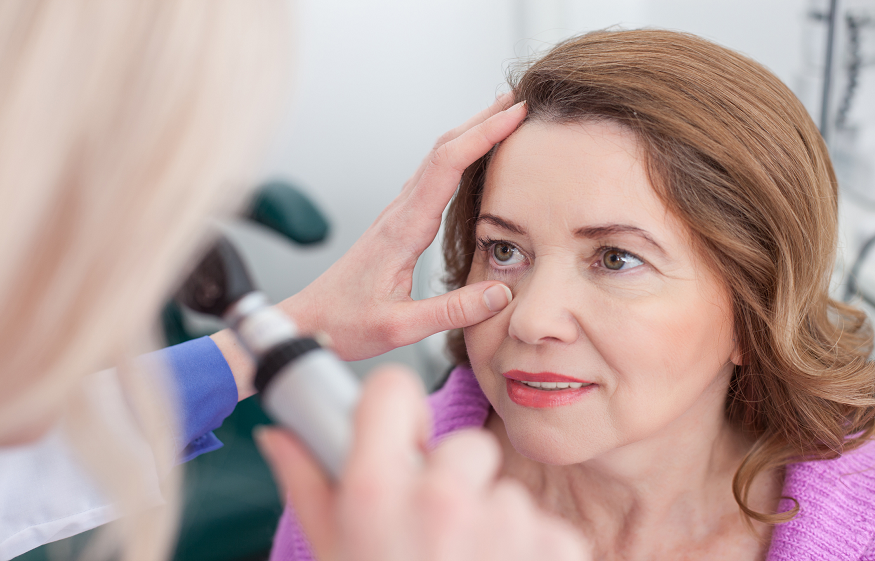Sex is often a topic of taboo for older adults. This is mainly due to stigmas surrounding intimacy and sexuality.
Seniors who have questions about their sexual health should not hesitate to speak with their doctors. They should also discuss their concerns with their partners, and make sure they know how to protect themselves from STIs.
Talking about sex
While some health conditions can impact a person’s libido and sexual capacity, many people still want and need intimacy as they age. Despite the taboos and preconceived ideas surrounding the sexuality of older adults, seniors have a right to be sexually active in their lives.
Seniors can benefit from a variety of approaches to staying sexually healthy and intimate as they get older. For instance, a primary care clinician can identify the cause of sex problems and recommend remedies.
When talking about sex with a partner, remember that it’s not a one-time conversation; it should be an ongoing discussion that includes your needs, wants and concerns. Talking about sex can also help you enjoy the process and feel more comfortable in your relationship, as well as provide an opportunity for feedback.
When teaching children about sex, it’s important to talk about it in ways they understand. It’s also helpful to introduce certain concepts at specific ages and to weave the information into everyday discussions.
Practicing safe sex
Practicing safe sex is essential for sexual health and wellness at any age. This means using condoms to reduce your risk of getting an STD and reporting any changes in vaginal discharge or pain during sex to your doctor.
It also means talking to your doctor about any medication you may be taking, such as Viagra or estrogen products, that can affect your sex and health. Antidote offers primary care clinicians that can help you understand the risks of medications and recommend alternative treatment options if you need them.
But many seniors find it difficult to talk about sex with their partners because of taboos and stigma associated with it. In this way, they may not receive the STI screenings and prevention advice they need to prevent HIV and other STDs.
Staying sexually active
Sexual activity has a huge impact on a senior’s well-being. It can help you feel more active and reduce your risk of heart disease, osteoporosis, and some forms of cancer.
In addition, staying sexually active can improve your self-esteem and body image. It can also give you something to look forward to and keep your mind sharper.
It can even help you feel more connected to your partner. A recent University of Chicago study found that older couples who regularly shared sex experiences had happier, more satisfying relationships than those who rarely or never did.
Despite all the stigma around sexuality, many people in their 60s and 70s are still actively engaged in sex. One in ten men and one in five women in these age groups reported having had sex in the past year, according to a representative survey.
Maintaining intimacy
Maintaining intimacy in a relationship is important for health and emotional well-being. Intimacy includes a range of aspects beyond sex, including communication, trust, and mutual respect.
Intimacy is also linked to better health, as it can help reduce chronic stress and increase a person’s immune system. It can decrease feelings of depression, anxiety, and panic and improve heart health.
Older adults can learn how to build and maintain a sexual relationship that is healthy, satisfying, and enjoyable. It can help them connect with their partner and find meaning in their lives.
It’s also common for older adults to engage in sex differently from when they were younger, so it’s important for them to communicate with their partners about their desires and needs. Seniors who feel they aren’t getting the satisfaction they need can talk with a healthcare professional about their concerns. These may include chronic pain, low self-esteem, or other health problems that can affect sex and relationships.





